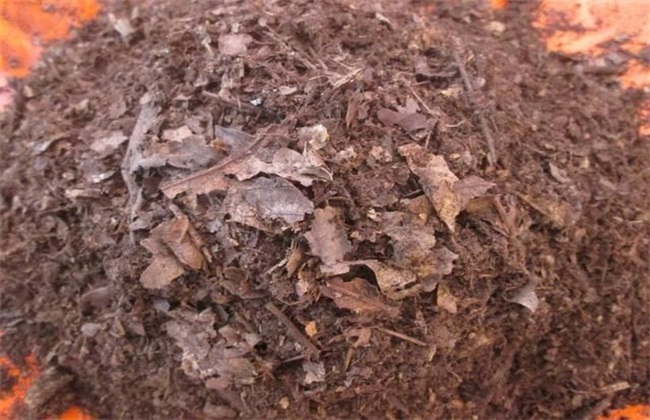Autumn is the sowing skill of edible fungus.
Autumn is the season for sowing edible fungi. Doing a good job in the production of strains and sticks of edible fungi and the management before sending fungi and mushrooms can lay a solid foundation for a good harvest. The principle of "prevention first and comprehensive control" should be followed in the production of edible fungi, physical control, biological control and agricultural control should be adopted in production, and the use of any pesticides should be prohibited. Disinfection of soil and shed strictly forbids the use of prohibited pesticides.
Lentinus edodes
(1) cultivation and management
The varieties of medium and low temperature are selected for planting in autumn. generally, the color of the bacterial stick is changed in September (the production of the stick is completed in August), move into the mushroom shed one after another, control the humidity to manage the mushroom production, and the low altitude area can be postponed to the middle of October. The first crop of autumn mushroom ended in mid-late October, and the second crop ended at the end of November. After the end of each crop, the ventilation shed was filled with water for one week.
(2) Prevention and control of diseases and pests
Autumn cultivation due to low temperature, the occurrence of diseases and insect pests is less, mainly to prevent and control mushroom mosquitoes, mushroom flies, dry rot and other diseases and insect pests during mushroom emergence.
Black fungus
(1) germ management
Auricularia auricula autumn management includes: fungus generation, ostentation, mushroom production, harvest and other links. Attention should be paid to the cleanliness, dryness, good ventilation and protection from light in the culture room. The room temperature should be kept at about 24 ℃ and ventilated twice a day.
(2) slicing and ear-boosting of bacterial bags
Punch the bacterial bag into a "one" shape or "human" shape with a punching machine, generally punching about 180 holes per bag. According to the weather conditions, if you can guarantee that it will not rain for 5-7 days, you can directly show off and urge your ears indoors in overcast and rainy weather.
(3) putting on a pouch
Disinfect the harvested rice fields or other plots with lime and cover them with straw under certain conditions. Cross-placed, bag spacing 125px or so, generally 8000 bags / mu.
(4) ear management
The ear buds are formed and sprayed with water foggy for 30 minutes after the cover, to keep the ear buds moist. According to the air temperature and air humidity, the times of spraying water are increased or decreased appropriately, usually twice a day for about 7-15 days, until the black fungus gradually matures.
(5) timely harvest
The ear piece is about to flatten, the edge becomes thinner, and the ear root shrinks. Medium well harvests the ear piece at this time, the quality of the ear piece is the best. The picked Auricularia auricula was dried and stored in time.
Pay attention to stop watering 1-2 days before harvest, according to the weather conditions, choose continuous sunny days, sunny enough to seize the harvest. Take the big and keep the small, but leave no roots.
(6) Post-harvest management
After about 10 days of mycelium recovery period (during which it is better to have rain shelter facilities, do not touch water), let the mycelium re-accumulate nutrition, restore growth vitality, and then start spraying water after ear buds grow, and continue to harvest.
(7) Prevention and control of diseases and pests
Strengthen the management of seed production, fungus and ear production, and control temperature, humidity and ventilation. Remove clutter at any time and clean up the site to prevent the occurrence of diseases and insect pests.
Related
- Fuxing push coffee new agricultural production and marketing class: lack of small-scale processing plants
- Jujube rice field leisure farm deep ploughing Yilan for five years to create a space for organic food and play
- Nongyu Farm-A trial of organic papaya for brave women with advanced technology
- Four points for attention in the prevention and control of diseases and insect pests of edible fungi
- How to add nutrient solution to Edible Fungi
- Is there any good way to control edible fungus mites?
- Open Inoculation Technology of Edible Fungi
- Is there any clever way to use fertilizer for edible fungus in winter?
- What agents are used to kill the pathogens of edible fungi in the mushroom shed?
- Rapid drying of Edible Fungi



